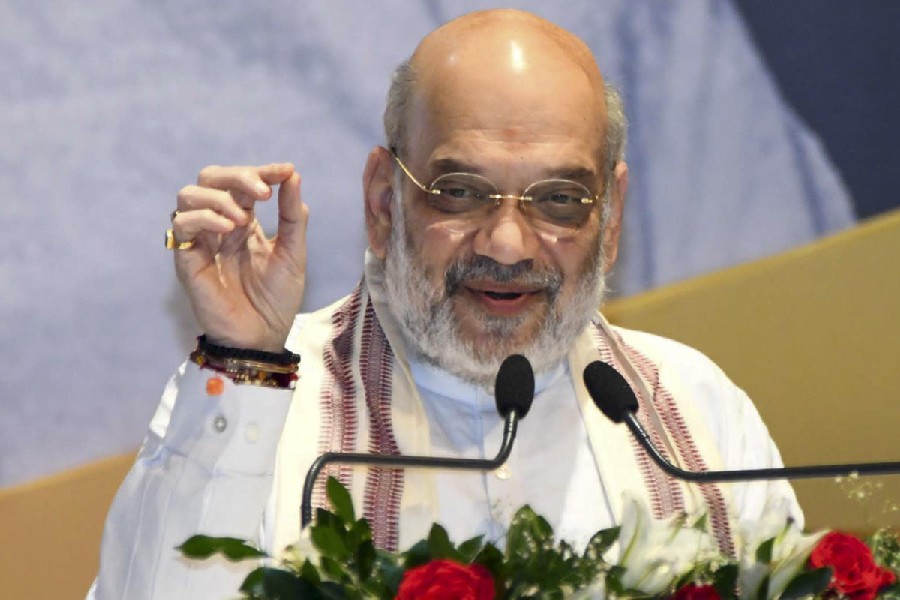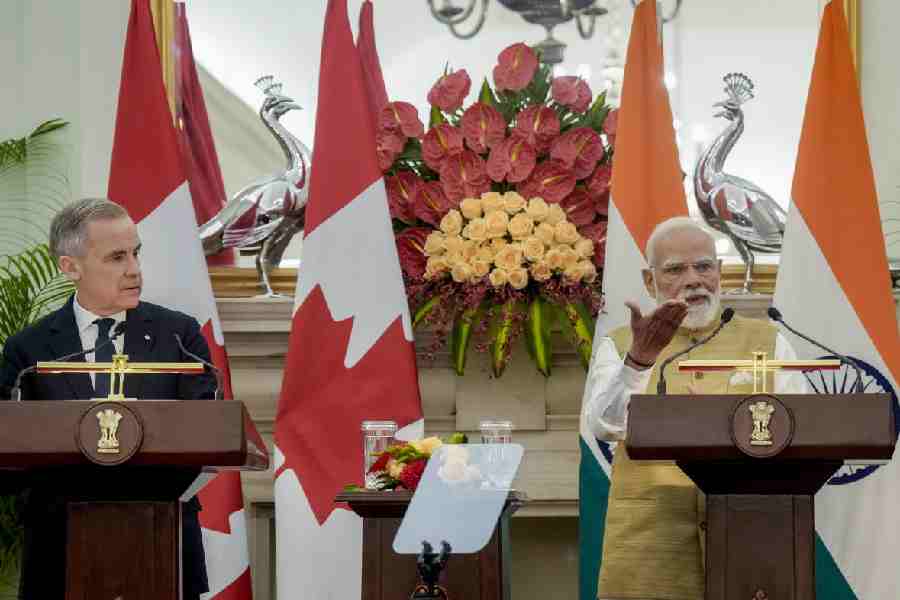What is a museum if not a repository of found objects? Cultural objects from around the world are ascribed a value, and viewers are asked to recognize that value. But the meaning and the value of objects are not fixed or static; they are dynamic and influenced by the life experiences of the viewer. Value, then, is never an inherent element integral to objects, but a judgment made about them by the viewer. A museum is also a chronicle — of a people, a city, a country as well as their interactions with the world.
This is the premise on which Avani Tanya based her show, A Museum in My Mind (held at Goethe-Institut/Max Mueller Bhavan recently), in which she invited people to contribute found objects — from the streets, their homes, their minds — that could make up the exhibits in a museum on Calcutta. The found material could be anything and be included in any form — text, photograph, recording — as long as the finder described its association with the city.
The entries ranged from predictable — phuchka and tana ricksha — to interesting — the wind-up key from a clock aboard a ship that was sold and taken apart in the city. A museum on Calcutta can also not be complete without a scene from a protest — this is, after all, the home of the argumentative Indian — more so at a time when the country seemed to have united on the streets against a divisive law. A digital print of the anti-CAA/NRC protest thus rubbed shoulders with a solitary stone thrown by a protester — was it from the recent protests or a cautionary tale from the past? Which side of the debate does it belong to? How many generations of protesters have hurled it? The past thus coalesced with the present in telling ways.
Tanya proposes that a sense of wonder — is this not what a museum inspires? — can emerge from our everyday experiences. The democratization of the idea of a museum, which Tanya’s innovative project sought to embody, is also a critique of the museological paradigm that, ironically, basks in its own inaccessibility.











